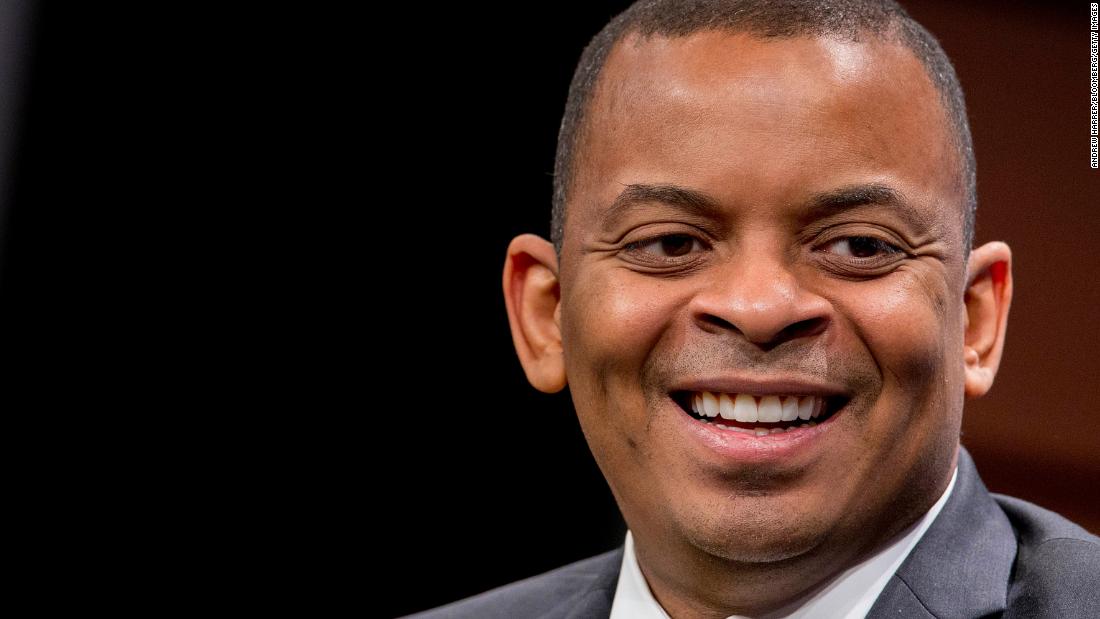
[ad_1]
Anthony Foxx, former President Obama’s secretary of the Department of Transportation from 2013-2017, will serve as Lyft’s chief policy officer and advisor to its co-founders.
Foxx’s move speaks to the increasingly central role tech companies play in transportation. He is the first former transportation secretary to join a Silicon Valley startup. In May, he lamented in a speech that while he served as the government’s top transportation official he had less real-time information about how his nation’s transportation system worked than popular route-planning app Waze.
Foxx joined Lyft because he is drawn to the company’s mission and values, he said in a statement Tuesday.
Foxx is expected to focus on developing more partnerships with governments and reshaping mass transit systems in cities.
As a child raised in Charlotte, North Carolina, Foxx saw how transportation can constrain rather than connect communities. Highways surrounded three sides of his neighborhood, leaving it isolated and economically disadvantaged. In a Medium post, Foxx recalled how his grandparents would drive their used car across town to avoid buying moldy meats and seafood at the nearest stores. Many of his neighbors couldn’t afford to own a car, a privilege not lost on Foxx.
Foxx went on to become mayor of Charlotte, focusing particular interest on transportation. Now he joins a team long devoted to ending car ownership: Lyft’s founders have criticized US cities for being designed around cars rather than people, and expressed alarm that most Americans spend more money on transportation than food.
Foxx is the second prominent Obama official to join Lyft. Former senior adviser Valerie Jarrett was named to the company’s board last year.
Lyft, long overshadowed by its larger rival Uber, has resurged since Uber endured a series of scandals in 2017. Lyft, which is still significantly smaller than Uber, reached the one-billion-ride milestone in September and has expanded into offering bikes and scooters — another area Foxx will focus on.
Ridesharing companies have been criticized for contributing to increased congestion in cities as customers gravitate from public transportation systems to services such as Uber and Lyft. In August, New York City passed legislation to cap the number of ridesharing vehicles. The shift could have a significant impact on Lyft’s business, especially if other cities follow suit. Foxx’s government experience may prove critical if congestion questions become more common.
Both companies are increasingly focused on partnering with governments and mass transit. This summer Lyft started to integrate public transportation in its app. Earlier this year, Uber CEO Dara Khosrowshahi, said he’d like to run a city’s bus network.
[ad_2]
Source link
